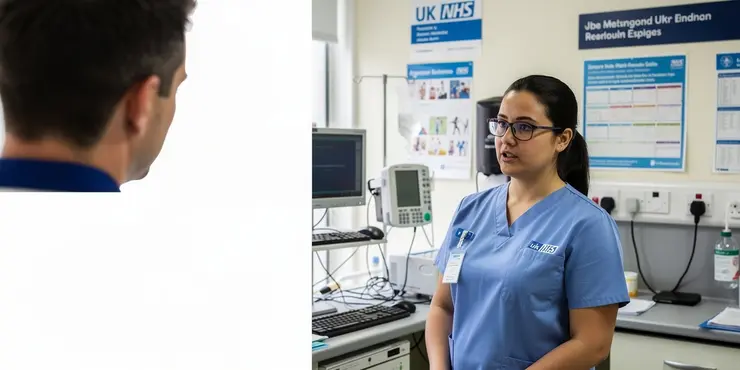
Find Help
More Items From Ergsy search
-
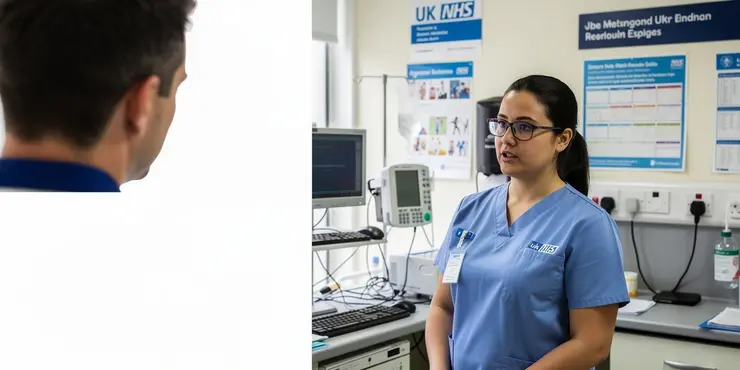
Do I need a TV license if I only watch catch-up TV?
Relevance: 100%
-
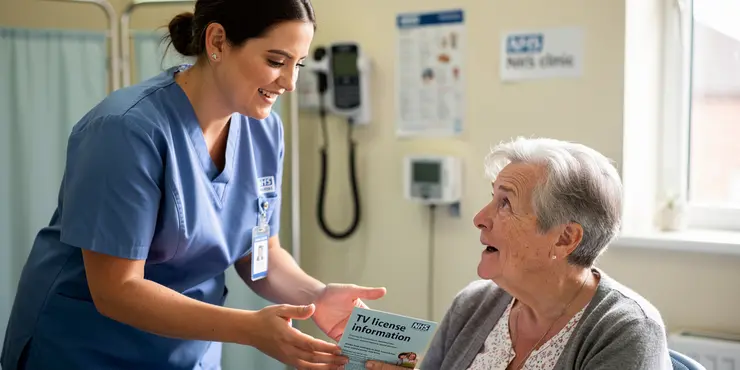
How do I know if I need a TV license?
Relevance: 57%
-
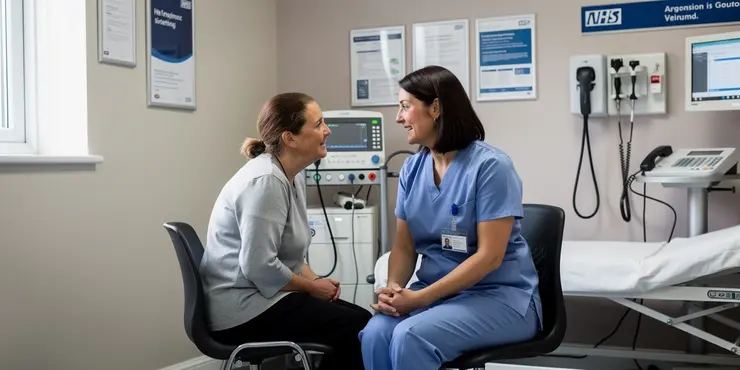
Do I need to pay the television license fee in the UK?
Relevance: 56%
-
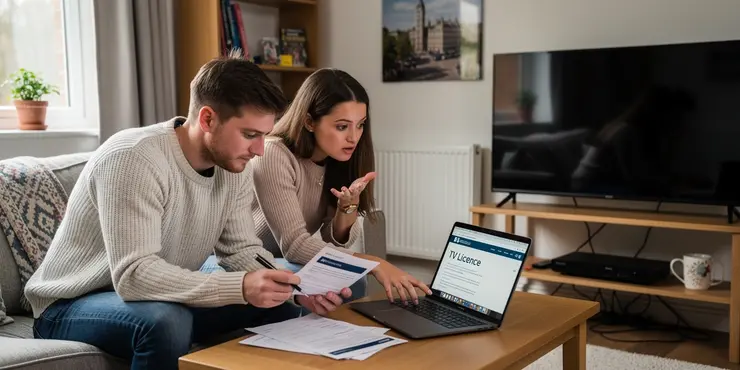
Do I need a TV license to watch BBC iPlayer?
Relevance: 55%
-
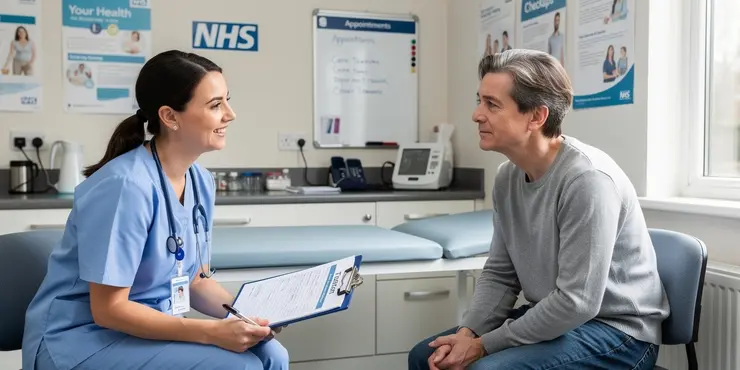
Is a TV license required for watching TV on a mobile device?
Relevance: 54%
-
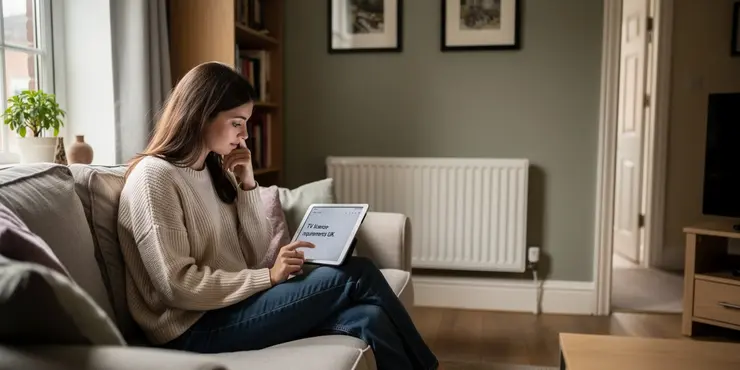
Do I need a TV license if I'm not watching TV?
Relevance: 51%
-
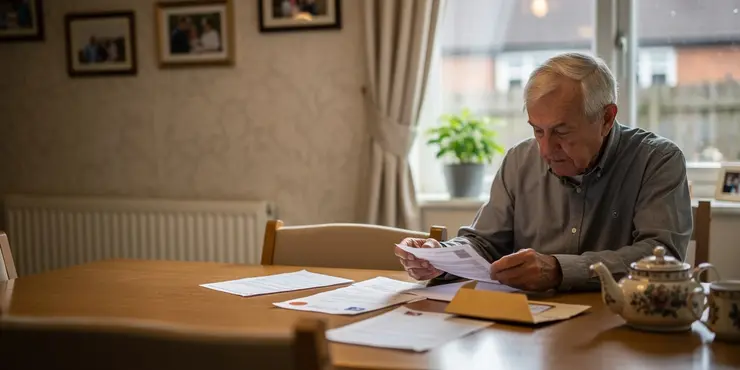
Can I get a discount on my TV license?
Relevance: 48%
-
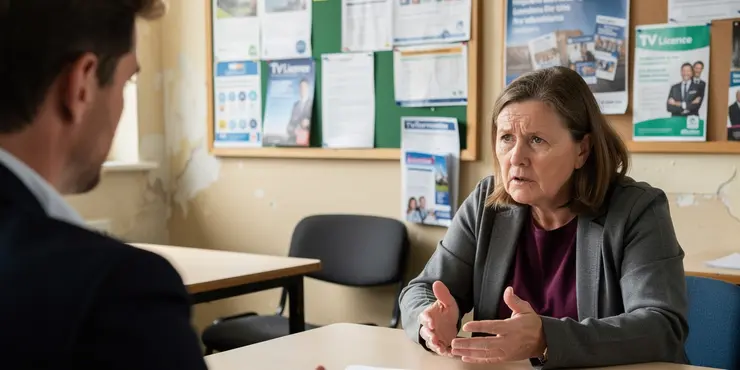
Who needs to pay for a TV license in the UK?
Relevance: 46%
-
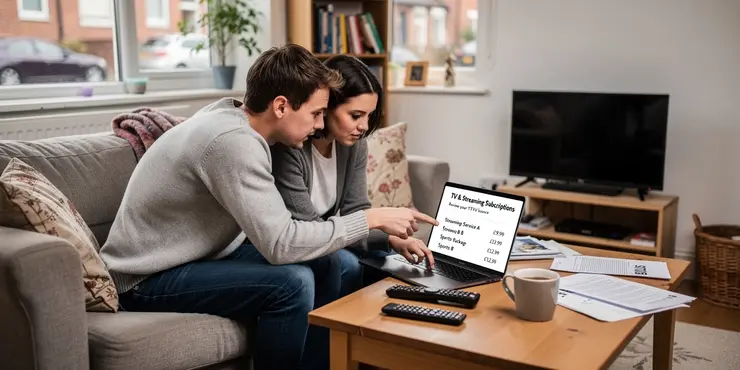
Do I need a TV license if I only watch streaming services like Netflix?
Relevance: 45%
-
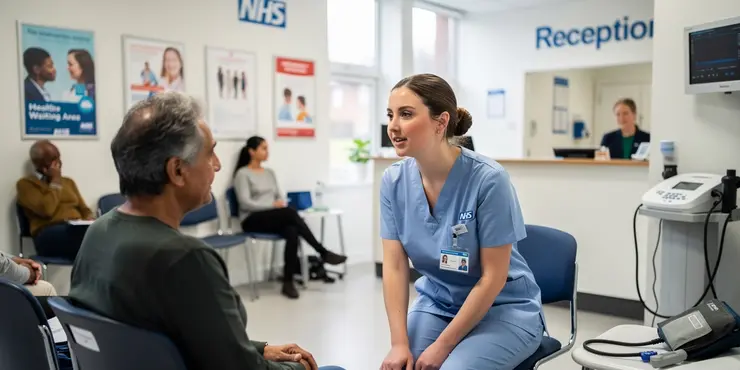
What is a TV license in the UK?
Relevance: 44%
-
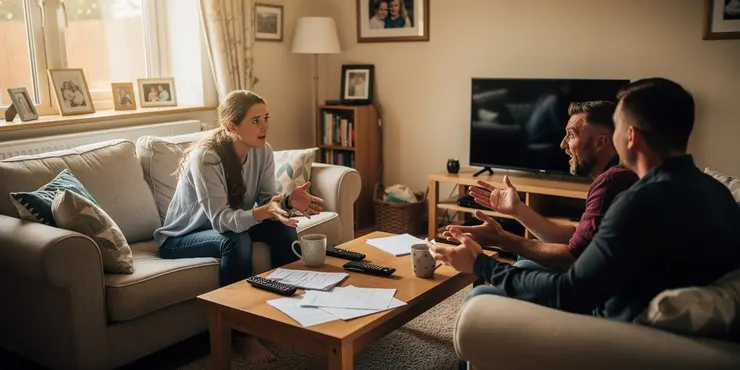
Do I need a TV license for each TV in my home?
Relevance: 41%
-
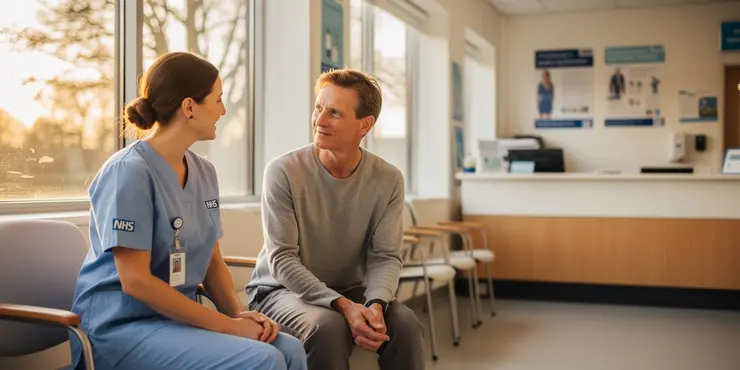
How much does a TV license cost in the UK?
Relevance: 41%
-
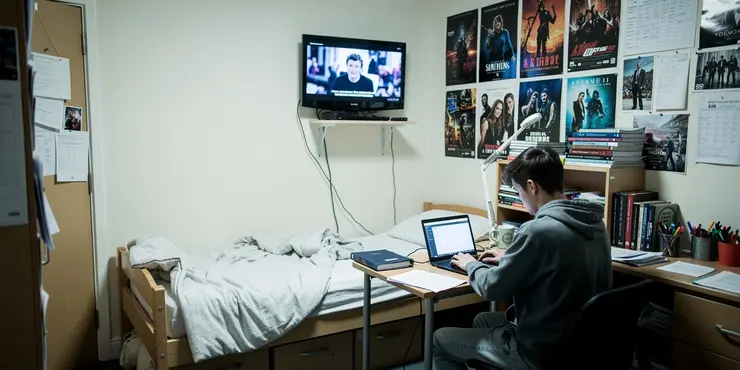
Are students required to pay for a TV license?
Relevance: 41%
-
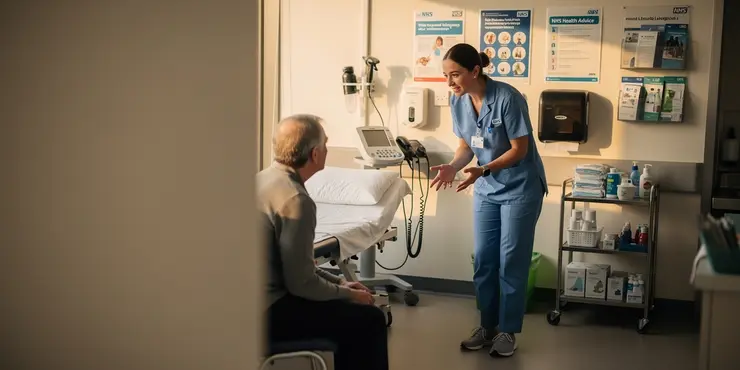
Will the digital license be accepted internationally?
Relevance: 40%
-
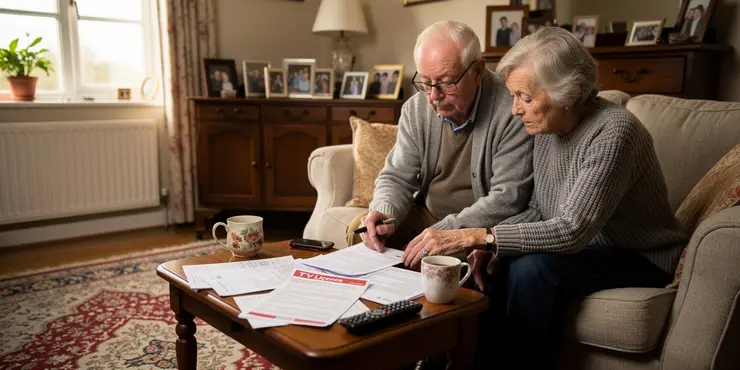
Do pensioners get a free TV license?
Relevance: 40%
-
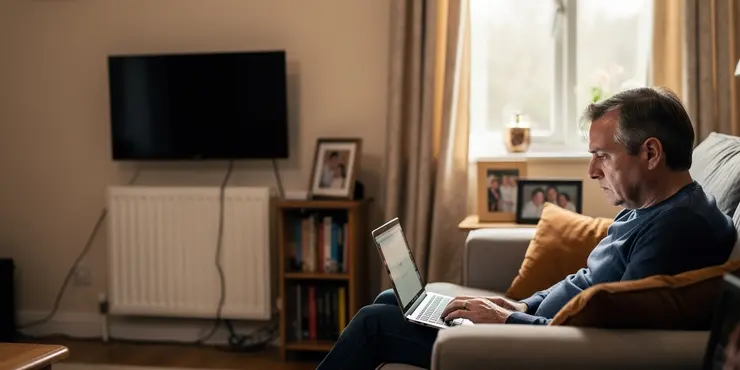
Can I get a refund on my TV license?
Relevance: 40%
-
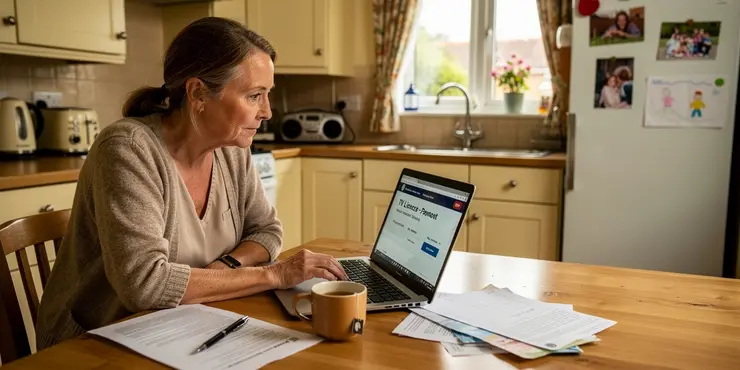
How can I pay for a TV license?
Relevance: 39%
-
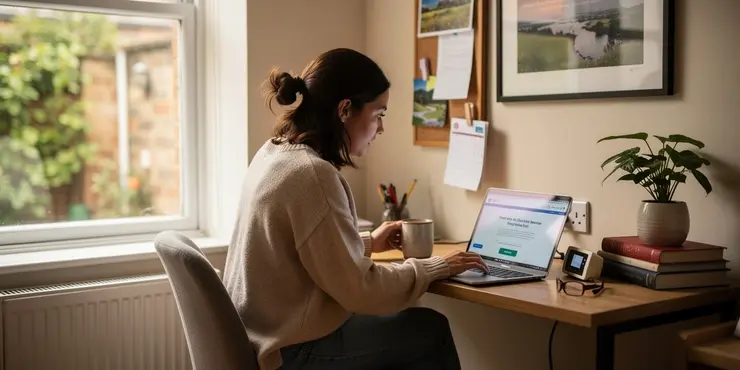
Can I transfer my TV license to a new address?
Relevance: 39%
-
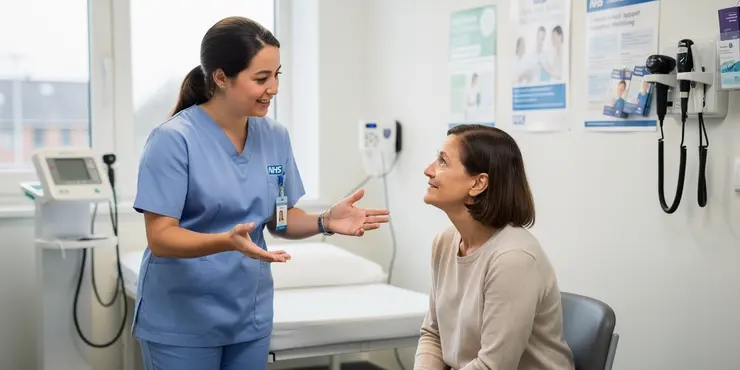
Is it mandatory to have a digital driving license?
Relevance: 39%
-
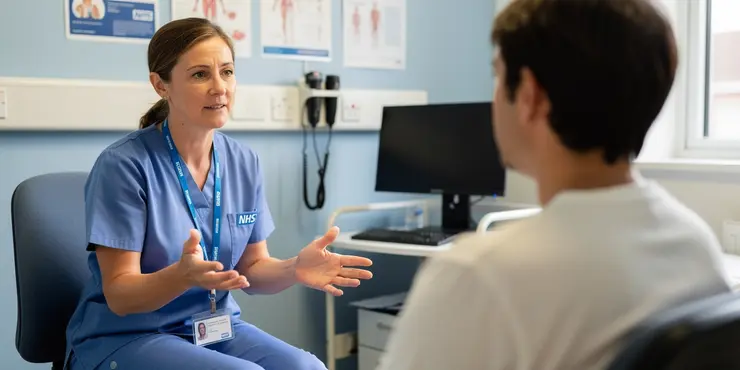
Are there any changes to the driving license categories?
Relevance: 38%
-
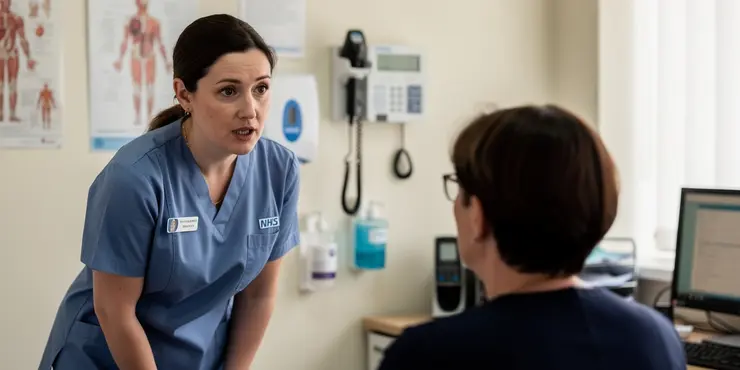
What happens if I don't pay my TV license fee?
Relevance: 38%
-
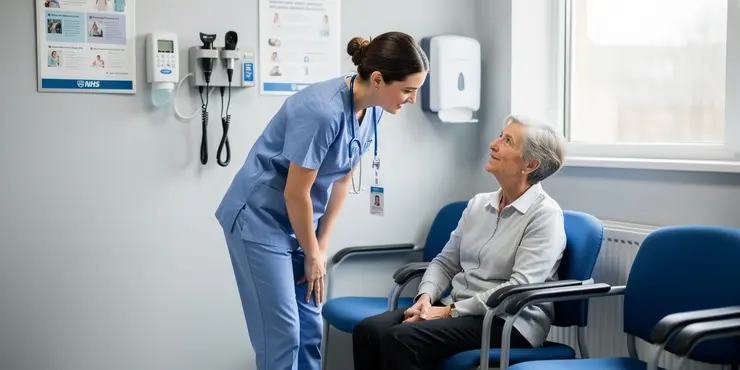
What are the security features of the digital driving license?
Relevance: 37%
-
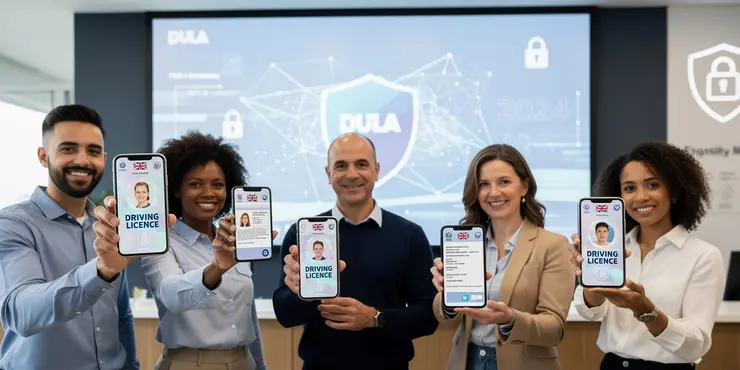
When will the digital driving license be officially available?
Relevance: 37%
-
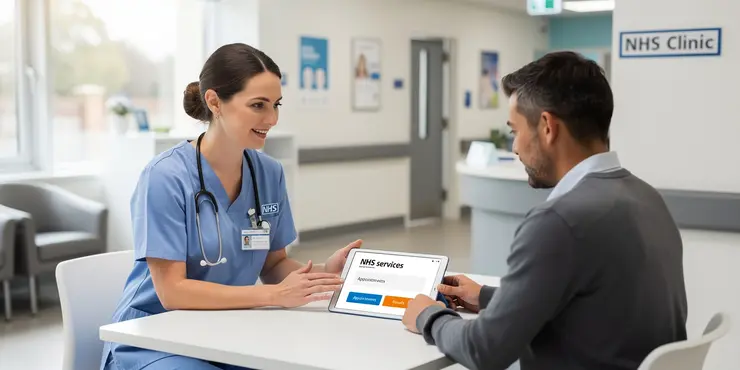
Are there any additional fees for obtaining a digital license?
Relevance: 37%
-
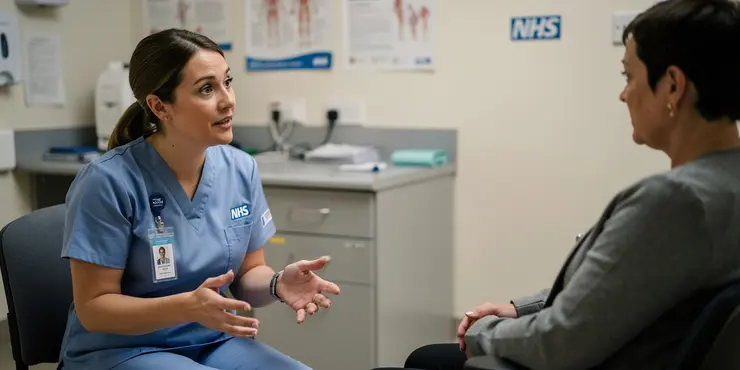
What are the changes for UK Driving Licenses by DVLA in 2025?
Relevance: 37%
-
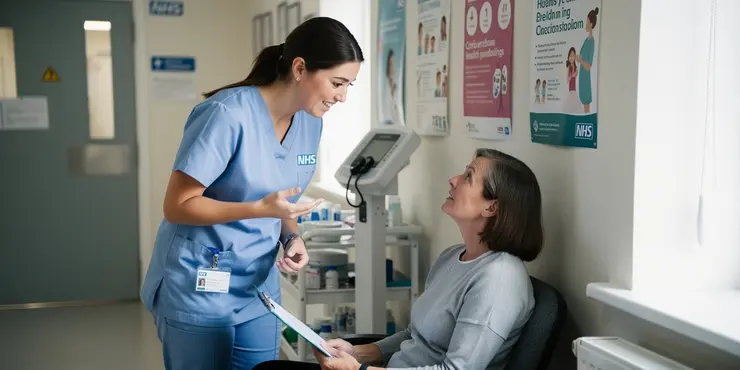
Does the TV license fee apply to radio broadcasts?
Relevance: 37%
-
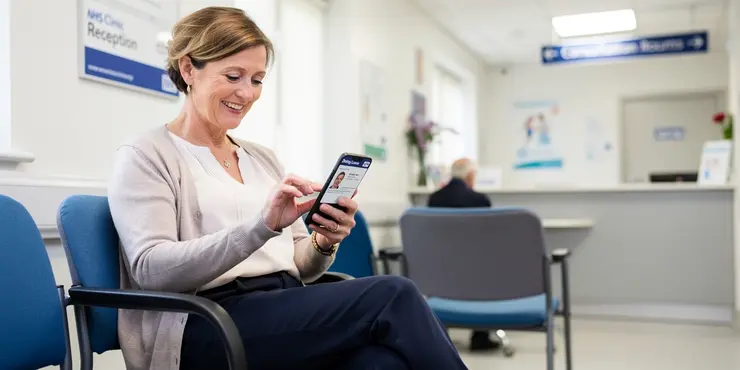
Will the digital driving license replace the physical card?
Relevance: 37%
-
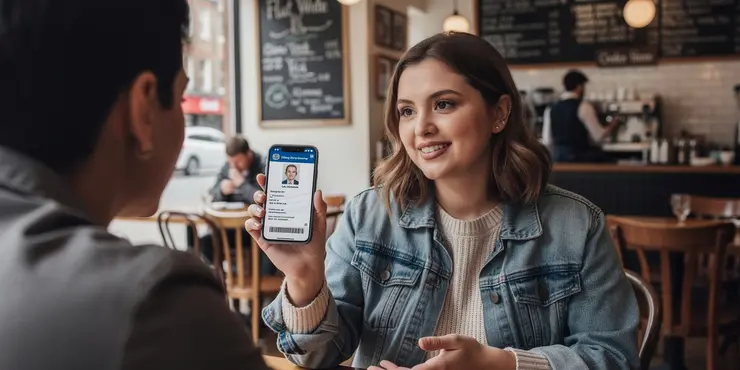
Can the digital license be used as a form of ID for non-driving purposes?
Relevance: 36%
-
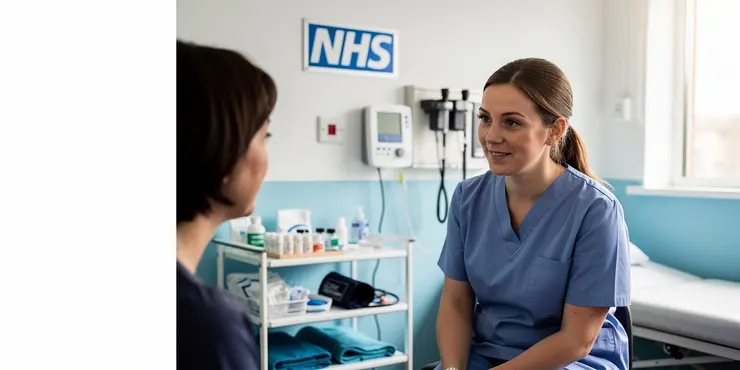
What is the primary change to UK Driving Licenses by DVLA in 2025?
Relevance: 36%
-
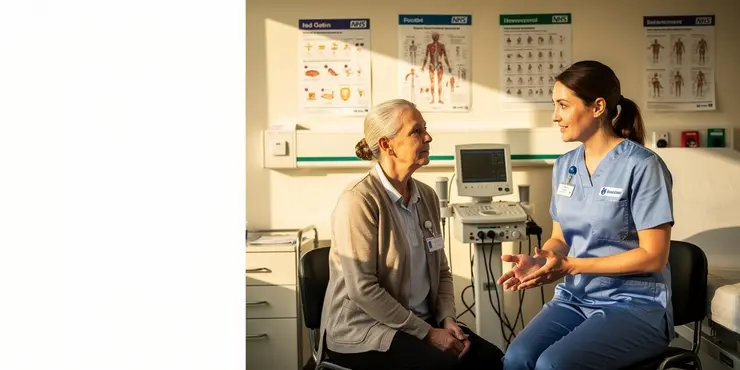
How will police and authorities verify digital driving licenses?
Relevance: 36%
-
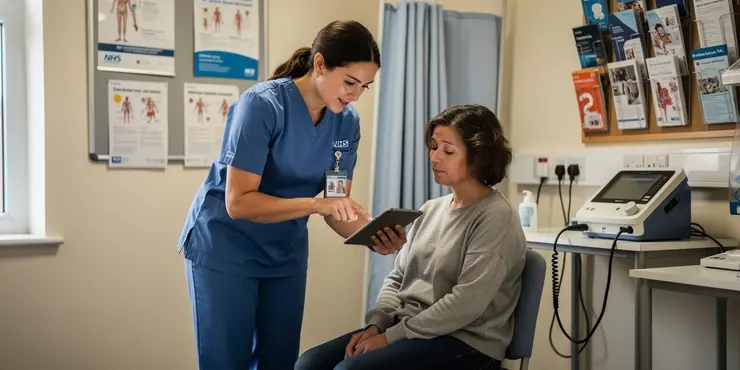
How can drivers access their digital driving license?
Relevance: 36%
-
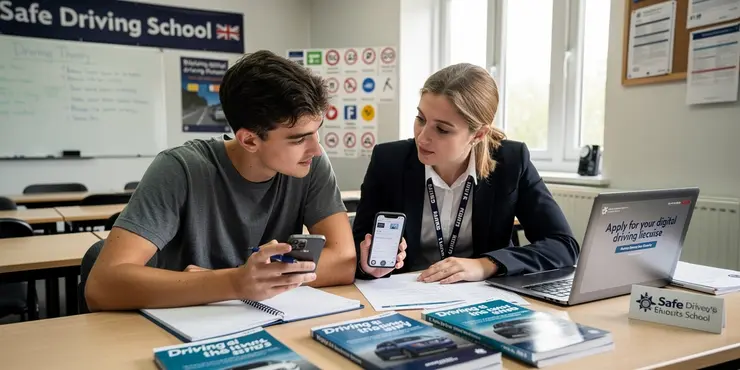
Are there any age restrictions for acquiring a digital driving license?
Relevance: 36%
-
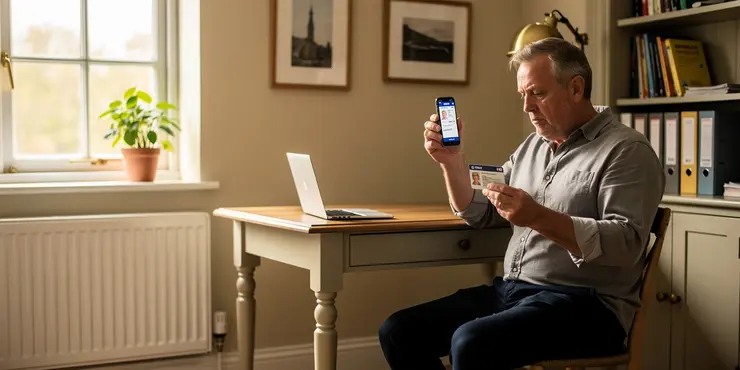
Will older drivers need to switch to digital driving licenses?
Relevance: 36%
-
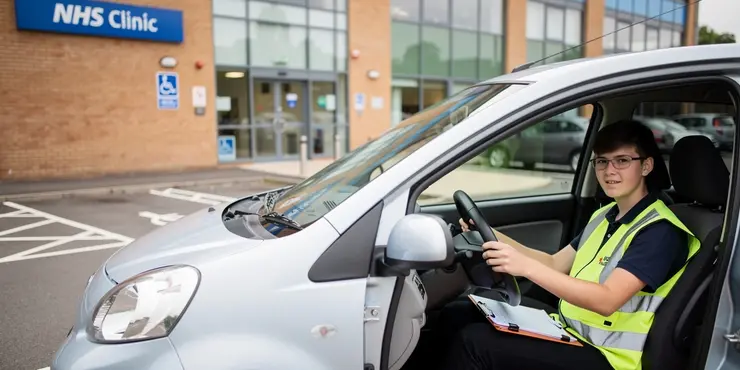
Will provisional licenses also be available in digital format?
Relevance: 36%
-
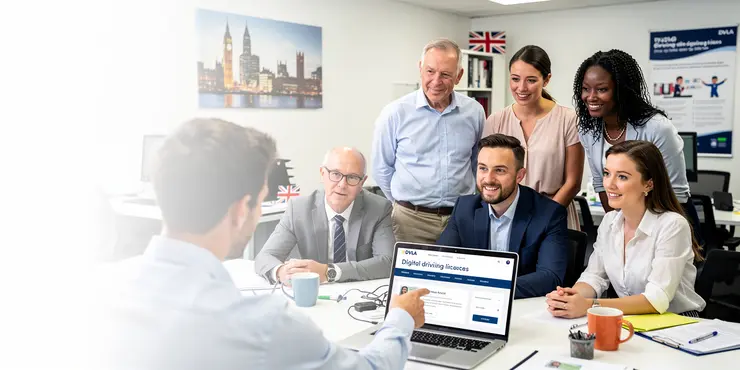
What should drivers do if there are errors in their digital license data?
Relevance: 36%
-
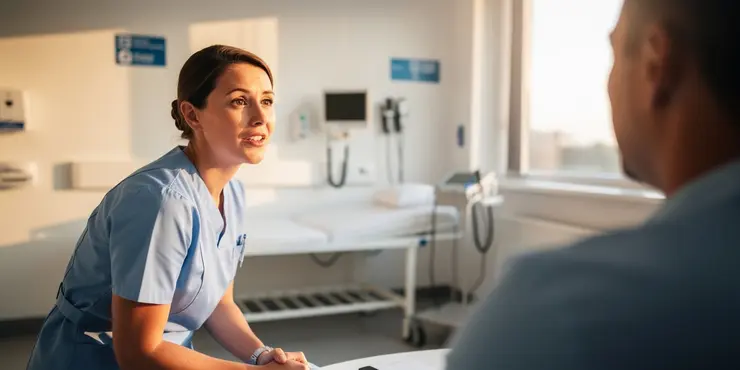
Will there be any changes to the renewal process for driving licenses?
Relevance: 36%
-
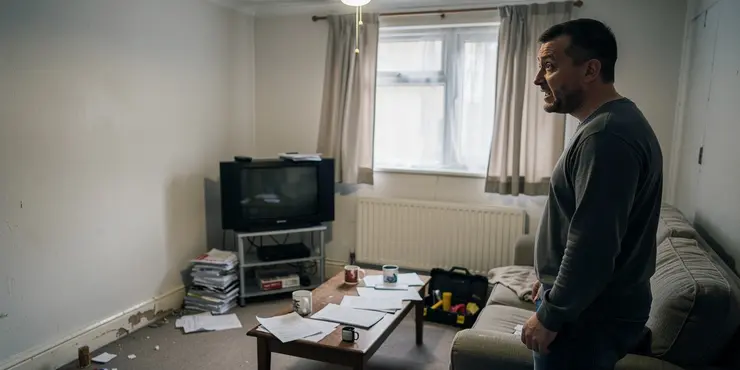
Landlord Licensing Laws Under Review as Tenants Call for Stronger Protections
Relevance: 34%
-
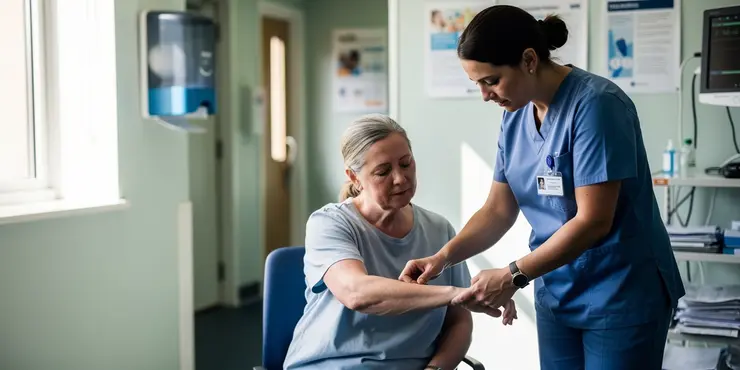
Is it legal to watch live TV without a license if I send it from a non-UK server?
Relevance: 33%
-
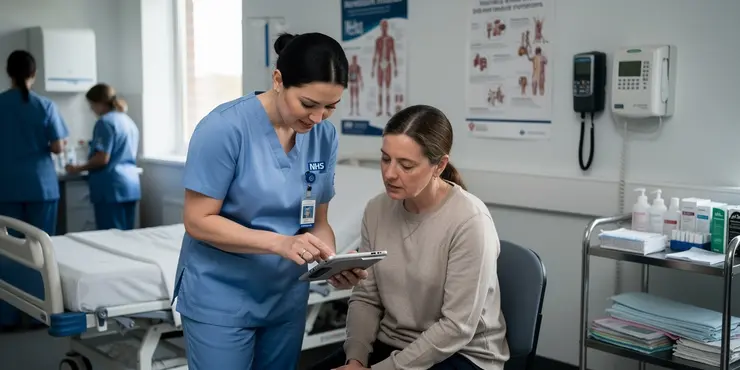
How will updates to the digital license be handled?
Relevance: 29%
-
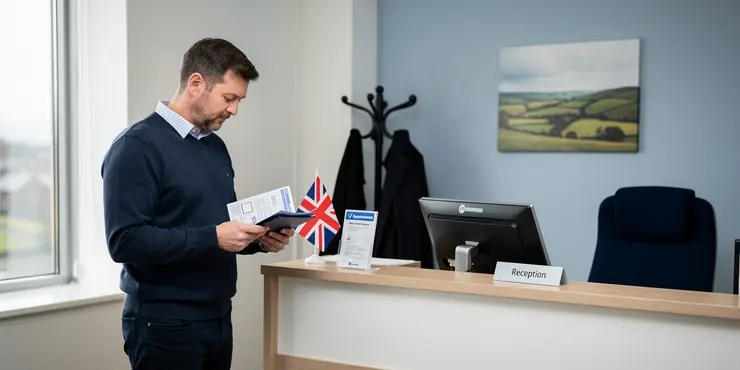
Can UK drivers use their licenses in France and Spain?
Relevance: 27%
Understanding TV Licensing in the UK
In the UK, television licensing is crucial for funding public service broadcasting. The law mandates that you need a TV license to watch or record live TV broadcasts on any device. However, the requirement for a TV license extends beyond just live television. Understanding these nuances can save you from potential legal troubles and unnecessary expenses. Let's delve into whether you need a TV license if you only watch catch-up TV.
What is Catch-up TV?
Catch-up TV refers to the services that allow you to watch previously aired television shows at your convenience. This includes popular platforms like BBC iPlayer, ITV Hub, All 4, My5, and others. These services are used to access programs after they have been broadcast live, often offering the flexibility to watch whenever and wherever you choose. The distinction between watching live TV and using catch-up services can impact your need for a TV license.
When a TV License is Required
According to UK law, a TV license is required if you watch or record television programs as they're being broadcast. This definition has been extended to include live streaming over the internet. Therefore, if you access live TV through a service like Sky Go, Now TV, or even live streaming on platforms like YouTube or using an app like BBC iPlayer during a live broadcast, you would need a TV license. It's important to note that even if you don't own a traditional television set, watching live TV on a computer, tablet, or smartphone makes you liable.
Watching Catch-up TV
For catch-up TV, the rules vary slightly. You do not need a TV license if you are solely watching non-live, catch-up content on platforms that do not feature any live broadcasts. Services such as ITV Hub, All 4, and My5 offer catch-up TV without requiring a TV license, provided you do not use them to watch live television. Nevertheless, BBC iPlayer is an exception; since 2016, you must have a TV license to use BBC iPlayer, whether it’s for live TV or catch-up content.
Consequences of Not Having a TV License
If it’s determined that you are watching TV without a valid license, you could face substantial fines up to £1,000 plus any legal costs. It’s important to ensure compliance with all TV licensing requirements to avoid any penalties. If your viewing habits do not necessitate a license, ensuring you only access permitted content is crucial for maintaining adherence to the law.
Conclusion
The need for a TV license when watching only catch-up TV in the UK depends largely on the platforms and content you access. While some catch-up services do not require a license, accessing any live content or using BBC iPlayer mandates having one. Staying informed and compliant can save you money and keep you on the right side of the law.
Frequently Asked Questions
Do I need a TV license if I only watch catch-up TV?
You generally do not need a TV license to watch catch-up TV, except for BBC iPlayer.
What is considered catch-up TV?
Catch-up TV refers to watching TV programs after they have been broadcast, usually via streaming services.
Do I need a TV license for BBC iPlayer?
Yes, you need a TV license to watch any content on BBC iPlayer, even if it is catch-up.
Are there any exemptions to needing a TV license for watching catch-up TV?
The main exemption is watching non-BBC catch-up services, which do not require a TV license.
What about other streaming services like Netflix?
You do not need a TV license to watch streaming services like Netflix, unless you're watching live TV.
If I watch live TV online, do I need a TV license?
Yes, watching live TV, online or on a TV set, requires a TV license.
Can I watch ITV Hub without a TV license?
You can watch catch-up content on ITV Hub without a TV license but watching live broadcasts requires one.
Does the rule apply to international catch-up services?
You only need a TV license for BBC iPlayer in the UK; international services are not affected by UK TV licensing.
What about devices like smart TVs or gaming consoles?
The device doesn't matter; the content type does. You need a license for live TV or BBC iPlayer.
How is live TV defined for licensing purposes?
Live TV is defined as TV programs watched or recorded as they are being broadcast, including online livestreams.
What happens if I watch BBC iPlayer without a TV license?
Watching BBC iPlayer without a license is illegal and could result in prosecution and fines.
Is watching highlights on sports apps considered live TV?
No, watching highlights is catch-up content and does not require a TV license.
Do I need a TV license if I only watch DVDs or Blu-rays?
No, watching DVDs or Blu-rays does not require a TV license.
Can I listen to radio without a TV license?
Yes, listening to radio, online or offline, does not require a TV license.
What changes if I start watching live TV later?
If you start watching live TV, you will need to purchase a TV license going forward.
Are there any discounts available for TV licenses?
Yes, certain individuals (like those over 75, blind, or in care) may be eligible for discounts or free licenses.
How can I officially inform that I don't need a TV license?
You can notify TV Licensing online or via their contact channels that you do not require a TV license.
What should I do if I'm unsure about needing a license?
If unsure, check the TV Licensing website or contact their customer service for guidance.
Can I be visited or inspected by TV Licensing?
Yes, TV Licensing may conduct inspections to verify if a license is needed at your address.
What happens if I pay for a license I don't need?
If you paid for a license you don't need, you can apply for a refund through TV Licensing.
Useful Links
This website offers general information and is not a substitute for professional advice.
Always seek guidance from qualified professionals.
If you have any medical concerns or need urgent help, contact a healthcare professional or emergency services immediately.
Some of this content was generated with AI assistance. We’ve done our best to keep it accurate, helpful, and human-friendly.
- Ergsy carfully checks the information in the videos we provide here.
- Videos shown by Youtube after a video has completed, have NOT been reviewed by ERGSY.
- To view, click the arrow in centre of video.
- Most of the videos you find here will have subtitles and/or closed captions available.
- You may need to turn these on, and choose your preferred language.
- Go to the video you'd like to watch.
- If closed captions (CC) are available, settings will be visible on the bottom right of the video player.
- To turn on Captions, click settings .
- To turn off Captions, click settings again.
More Items From Ergsy search
-

Do I need a TV license if I only watch catch-up TV?
Relevance: 100%
-

How do I know if I need a TV license?
Relevance: 57%
-

Do I need to pay the television license fee in the UK?
Relevance: 56%
-

Do I need a TV license to watch BBC iPlayer?
Relevance: 55%
-

Is a TV license required for watching TV on a mobile device?
Relevance: 54%
-

Do I need a TV license if I'm not watching TV?
Relevance: 51%
-

Can I get a discount on my TV license?
Relevance: 48%
-

Who needs to pay for a TV license in the UK?
Relevance: 46%
-

Do I need a TV license if I only watch streaming services like Netflix?
Relevance: 45%
-

What is a TV license in the UK?
Relevance: 44%
-

Do I need a TV license for each TV in my home?
Relevance: 41%
-

How much does a TV license cost in the UK?
Relevance: 41%
-

Are students required to pay for a TV license?
Relevance: 41%
-

Will the digital license be accepted internationally?
Relevance: 40%
-

Do pensioners get a free TV license?
Relevance: 40%
-

Can I get a refund on my TV license?
Relevance: 40%
-

How can I pay for a TV license?
Relevance: 39%
-

Can I transfer my TV license to a new address?
Relevance: 39%
-

Is it mandatory to have a digital driving license?
Relevance: 39%
-

Are there any changes to the driving license categories?
Relevance: 38%
-

What happens if I don't pay my TV license fee?
Relevance: 38%
-

What are the security features of the digital driving license?
Relevance: 37%
-

When will the digital driving license be officially available?
Relevance: 37%
-

Are there any additional fees for obtaining a digital license?
Relevance: 37%
-

What are the changes for UK Driving Licenses by DVLA in 2025?
Relevance: 37%
-

Does the TV license fee apply to radio broadcasts?
Relevance: 37%
-

Will the digital driving license replace the physical card?
Relevance: 37%
-

Can the digital license be used as a form of ID for non-driving purposes?
Relevance: 36%
-

What is the primary change to UK Driving Licenses by DVLA in 2025?
Relevance: 36%
-

How will police and authorities verify digital driving licenses?
Relevance: 36%
-

How can drivers access their digital driving license?
Relevance: 36%
-

Are there any age restrictions for acquiring a digital driving license?
Relevance: 36%
-

Will older drivers need to switch to digital driving licenses?
Relevance: 36%
-

Will provisional licenses also be available in digital format?
Relevance: 36%
-

What should drivers do if there are errors in their digital license data?
Relevance: 36%
-

Will there be any changes to the renewal process for driving licenses?
Relevance: 36%
-

Landlord Licensing Laws Under Review as Tenants Call for Stronger Protections
Relevance: 34%
-

Is it legal to watch live TV without a license if I send it from a non-UK server?
Relevance: 33%
-

How will updates to the digital license be handled?
Relevance: 29%
-

Can UK drivers use their licenses in France and Spain?
Relevance: 27%


